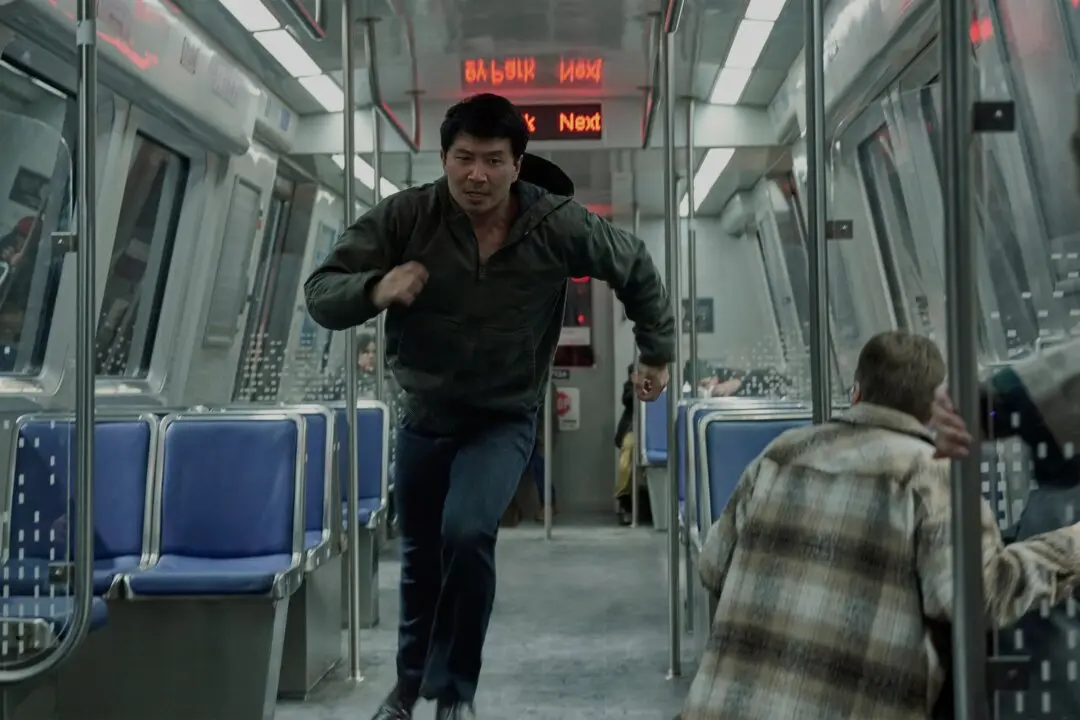12A (N. Ireland) | 1h 42min | Documentary | 23 September 2022 (USA)
The pupils of Holy Cross Boys School (ages 4–11) have grown up knowing only peace in Northern Ireland. Yet their Ardoyne neighborhood of North Belfast remains marked by the destruction and militant graffiti of “The Troubles.” In this case, it is quite apt to say that it looks like a demilitarized zone.




